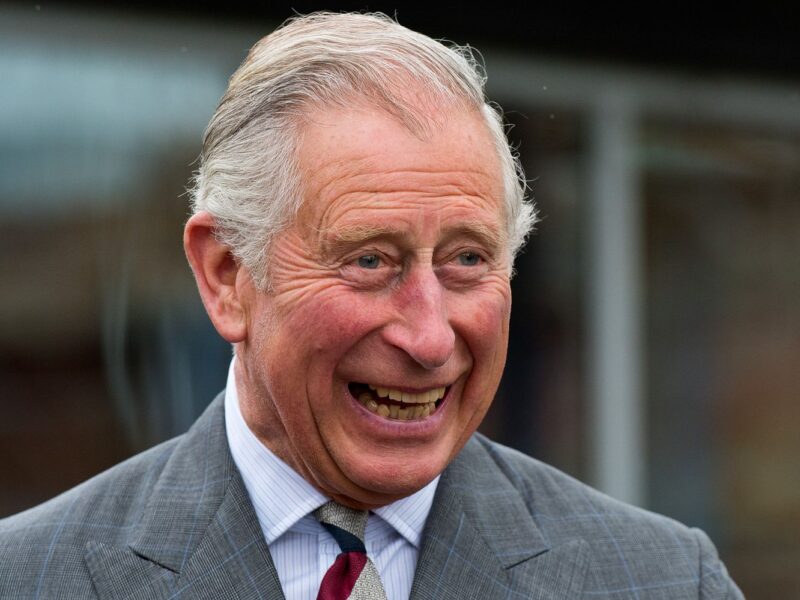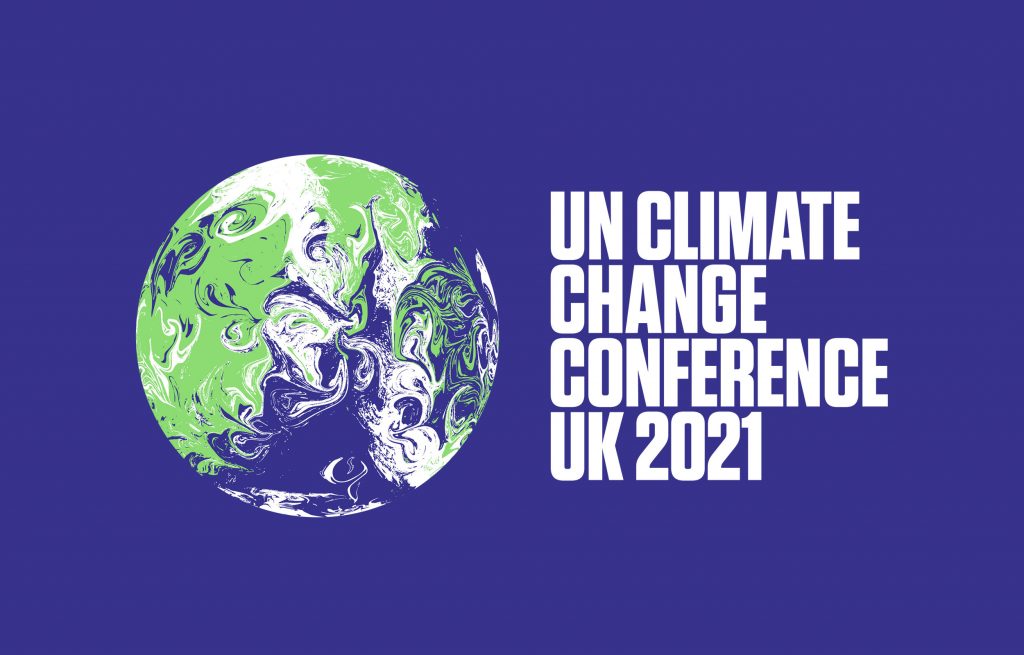In a recent BBC interview, the heir to the British Throne, Prince Charles, hilariously remarked how his Aston Martin runs on “surplus English white wine and whey from the cheese process”. “I haven’t eaten meat and fish on two days a week and I don’t eat dairy products on one day a week,” he proudly told the BBC. “If more did that, you would reduce a lot of the pressure.”

Prince Charles’ comments come days before the 2021 United Nations Climate Change Conference which might be a way to show his concern and support for the environment but many aren’t amused by the snarky remarks as the use of biofuels could end up doing more harm than good for the environment.
According to Greg Archer, UK director for the clean transport campaign group T&E, “Prince Charles’s quaint solution to decarbonize his Aston Martin using a high blend of bioethanol made from cheese and wine wastes should not be mistaken for a serious solution to decarbonize vehicles. On a large scale, biofuels do more harm than good, driving deforestation and land use change that worsens the climate crisis.”

E85 which is the most common form of bioethanol, is made from 85% bioethanol derived from fermented sugars and 15% petrol. While experts argue that it could probably be the right move in the broad term, “though food waste really can and will go so far,” according to Chris Malins, a consultant on alternative fuels policy and sustainability.
While the British monarch’s comments sound like mockery and shouldn’t be taken too seriously, he is right about one thing: eating less meat could definitely help the environment.


